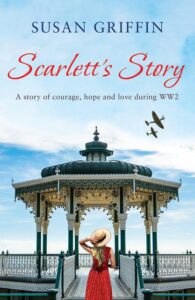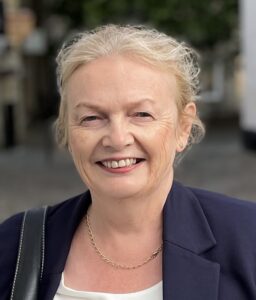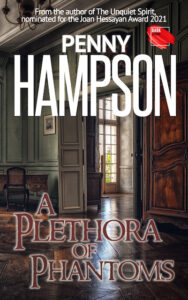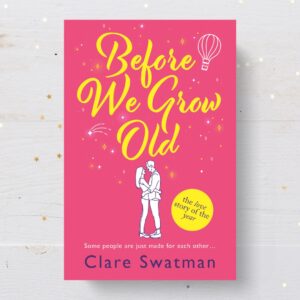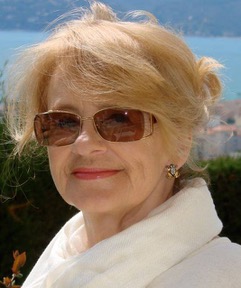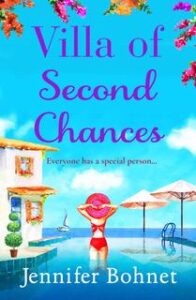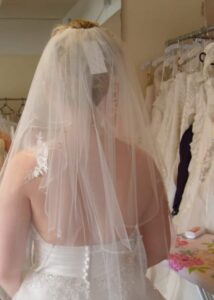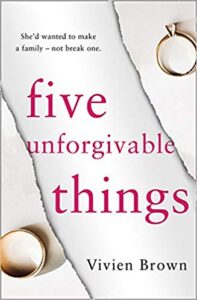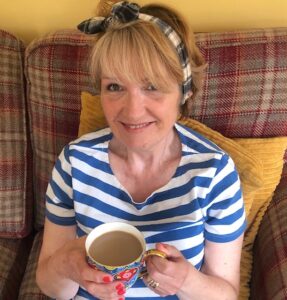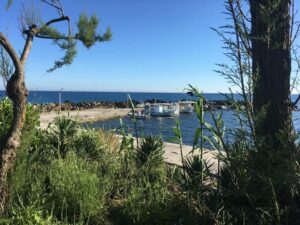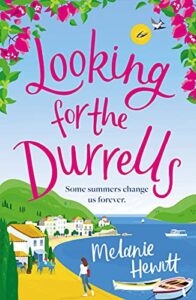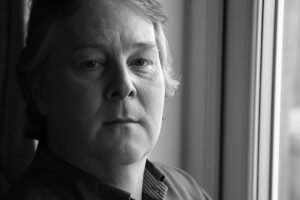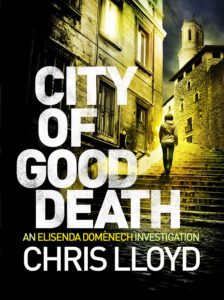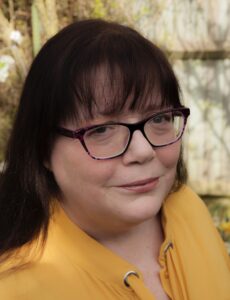 Having (so far) written ten books in ‘The Woolworths Girls’ series I thought long and hard about a favourite scene from the series. My mind kept straying to Alexandra Road in Erith, Kent, where many of my characters either live or visit. Why is it so special to me? It is because I not only set the series in the town where I was born and lived for so many years, but because it was also the road where I lived when first married in 1972. Writers are told to write about what they know, and I certainly made the most of that!
Having (so far) written ten books in ‘The Woolworths Girls’ series I thought long and hard about a favourite scene from the series. My mind kept straying to Alexandra Road in Erith, Kent, where many of my characters either live or visit. Why is it so special to me? It is because I not only set the series in the town where I was born and lived for so many years, but because it was also the road where I lived when first married in 1972. Writers are told to write about what they know, and I certainly made the most of that!
Although I set my books in the past it was easy to imagine number thirteen in times gone by as the road had changed very little externally since 1903 when the houses were built. The four terraces of bay fronted homes may now have new families living in them and so many mod cons, but the ghosts of the past linger on. As a young bride I was told stories of the people who first lived there, and what happened during the two wars. Even though I was not writing novels at that time I adored these stories, as well as the gossip and tittle tattle, with some linking to my own family. I discovered two great aunts had lived at the top end of the road during the 1920s, and a couple only a few doors up from my house had a son who had been in the army with my dad. Across the road another neighbour informed me she had been ‘courted’ by my dad… It was almost as if my family had turned into my 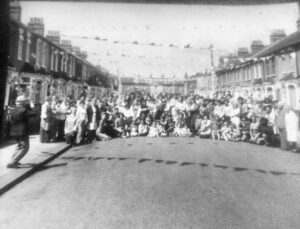 own saga! My only thoughts whilst living at number thirteen was that I’d really liked to have experienced the WW2 years living in the house as it survived apart from a wonky wall in the hall which occurred after a bomb dropped nearby in 1940.
own saga! My only thoughts whilst living at number thirteen was that I’d really liked to have experienced the WW2 years living in the house as it survived apart from a wonky wall in the hall which occurred after a bomb dropped nearby in 1940.
These days I devour any information about people who once lived in Alexandra Road. Fortunately, with being able to use Facebook, local groups have popped up where we can chat about our school years and living in the area of Slade Green and Erith. I’ve heard from three women who all lived in number thirteen at different time. I even chatted with the lady whose father had laid the awful multi-coloured floor tiles in the living room during the 1950s that were still there in 1972. What grabbed my attention most was the talk of street parties to celebrate, the end of wars, coronations of different monarchs, royal weddings, and our 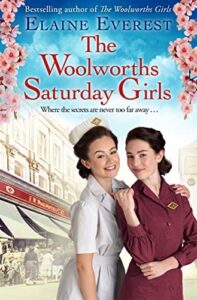 own much loved queen’s anniversaries. Alexandra Road won the best decorated street in the South-East in 1977 for Queen Elizabeth’s silver jubilee and I was there and part of the history of the road. I recall how every house was adorned in silver foil scrunched along the guttering, courtesy of a local meat pie factory. How sheets were dyed so we could make bunting that hung across the road between every one of the seventy-five houses. It was a grand street party with trestle tables up the road and children in fancy dress. Not having children to dress up, my three dogs wore red, white, and blue ribbons attached to their collars.
own much loved queen’s anniversaries. Alexandra Road won the best decorated street in the South-East in 1977 for Queen Elizabeth’s silver jubilee and I was there and part of the history of the road. I recall how every house was adorned in silver foil scrunched along the guttering, courtesy of a local meat pie factory. How sheets were dyed so we could make bunting that hung across the road between every one of the seventy-five houses. It was a grand street party with trestle tables up the road and children in fancy dress. Not having children to dress up, my three dogs wore red, white, and blue ribbons attached to their collars.
Looking back, it is the road I remember most, and recalling the stories I wove around the lives of the families behind the lace curtains in those bay windows.



